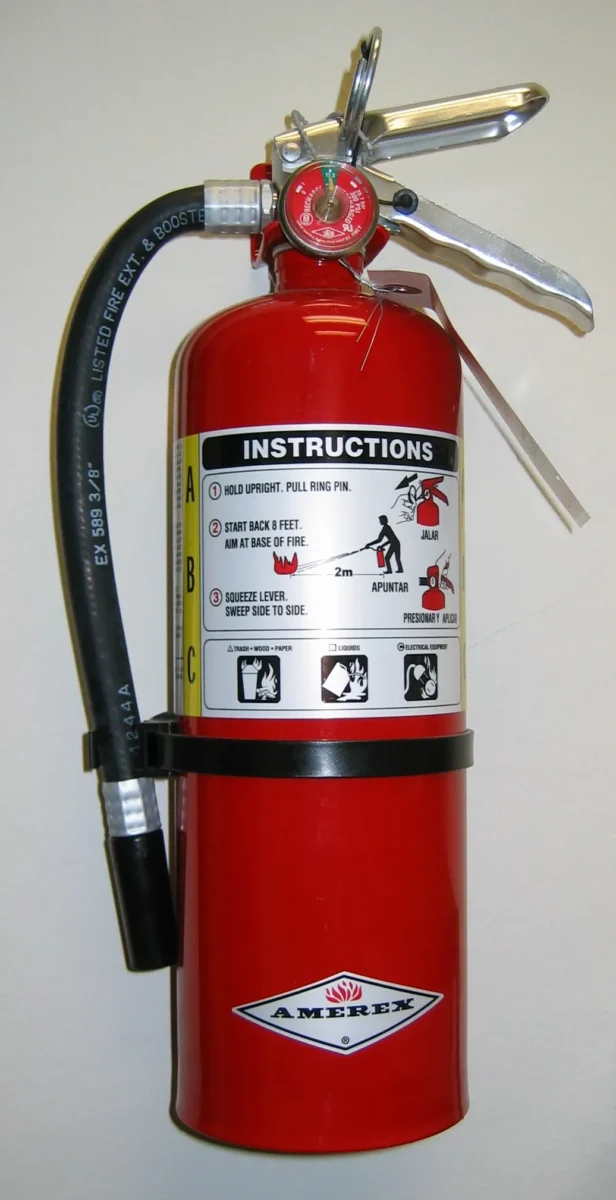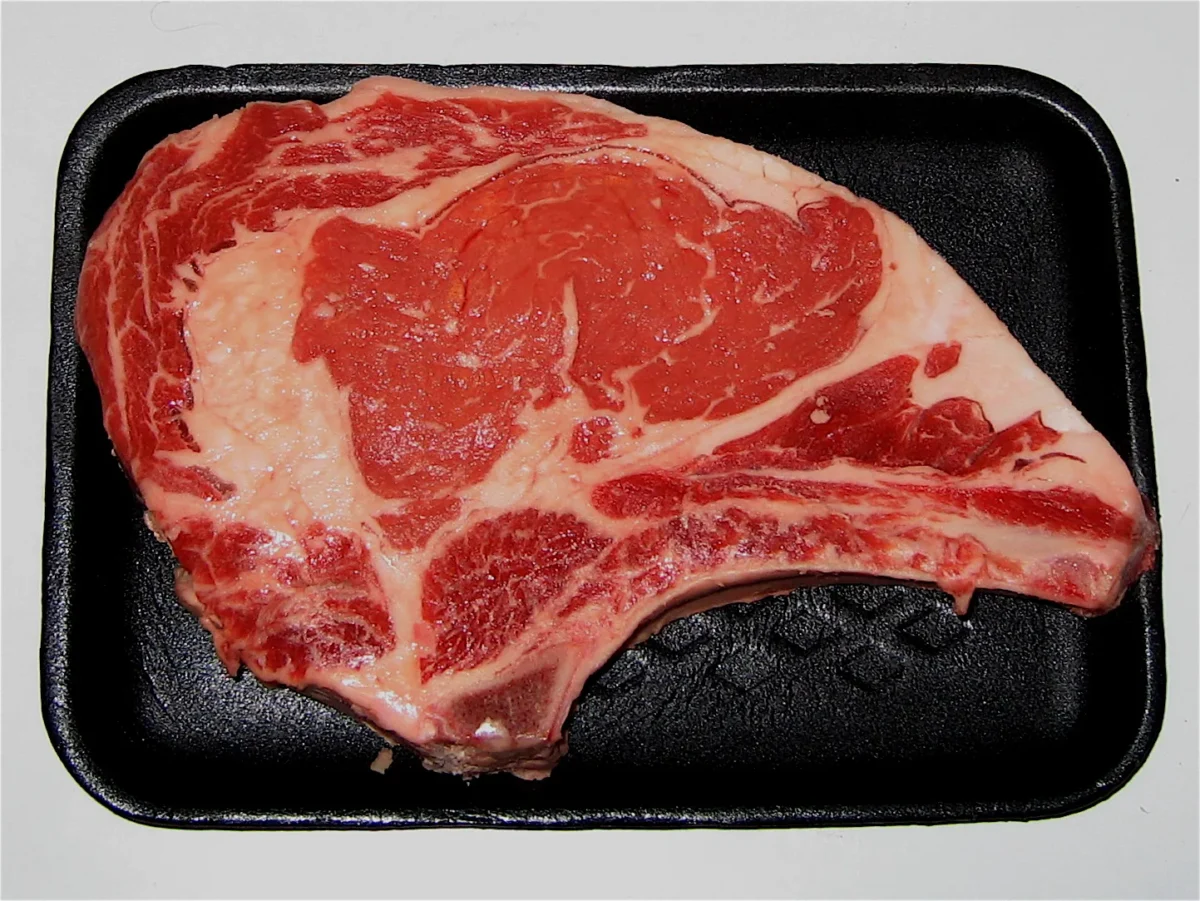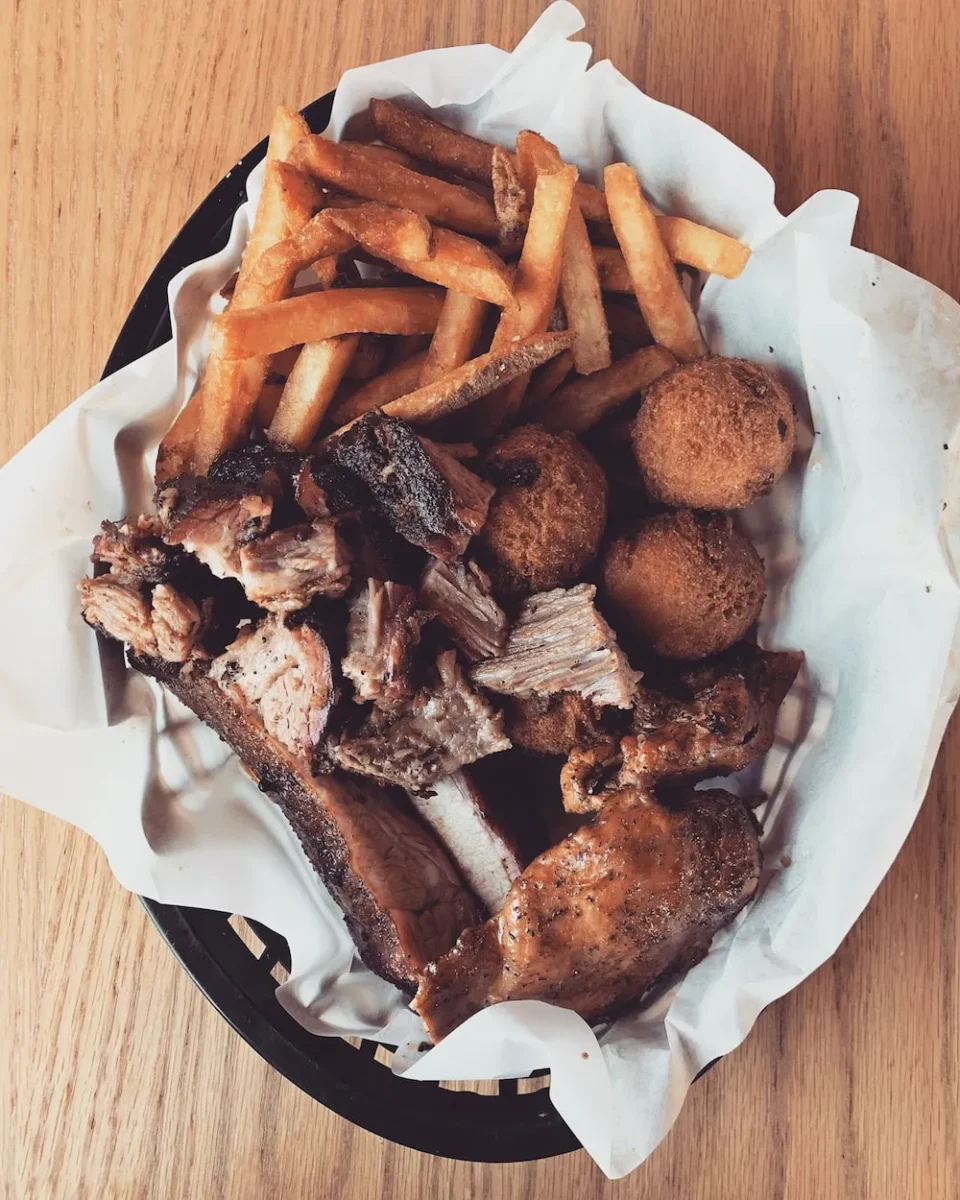Grilling on a balcony is a popular way to enjoy the summer weather while cooking up delicious meals. However, it is important to consider the safety concerns that come with this activity. The question of whether it is safe to grill on a balcony is a common one, and the answer is not a simple yes or no.

According to the National Fire Protection Association, home grills cause an average of 10,600 fires a year, with 29 percent of these fires starting on a balcony. This statistic highlights the importance of taking precautions when grilling on a balcony. While it is possible to grill safely on a balcony, it is crucial to follow proper etiquette and safety measures to prevent accidents and keep yourself and your neighbors safe.
The Safety of Grilling on a Balcony
Grilling on a balcony can be a great way to enjoy the outdoors and cook up delicious meals. However, it is important to prioritize safety when grilling on a balcony, as there are several risks and safety concerns associated with this activity.
The Risks of Balcony Grilling
Grilling on a balcony can pose several risks, including fire hazards and carbon monoxide poisoning. Balconies are often made of combustible materials and may be close to other buildings, which can increase the risk of fires. In addition, grilling on a balcony can produce carbon monoxide, a colorless, odorless gas that can be deadly in high concentrations.
Common Safety Concerns
When grilling on a balcony, there are several common safety concerns to keep in mind. These include:
- Proximity to combustible materials: Keep your grill at a safe distance from any combustible materials, such as furniture, curtains, and plants.
- Flare-ups: Flare-ups can occur when fat or grease drips onto the flames, causing sudden bursts of fire. To prevent flare-ups, trim excess fat from your meat and keep a spray bottle of water nearby to extinguish any flames.
- Gas leaks: If you are using a gas grill, make sure to check for gas leaks before each use. You can do this by applying a solution of soap and water to the gas line and connections and looking for any bubbles that form.
- Smoke damage: Grilling on a balcony can produce smoke that can damage your balcony and neighboring balconies. To prevent smoke damage, make sure to use a grill that is appropriate for your balcony size and ventilation.
Safety Tips for Balcony Grilling
To ensure safe balcony grilling, follow these safety tips:
- Check local laws and regulations: Before grilling on your balcony, check with your landlord or local authorities to make sure it is allowed. Some cities and apartment buildings have strict rules about grilling on balconies.
- Use the right grill: Choose a grill that is appropriate for your balcony size and ventilation. Electric grills are a good option for small balconies, while gas and charcoal grills may be better suited for larger balconies with good ventilation.
- Keep a fire extinguisher nearby: In case of a fire, keep a fire extinguisher nearby and know how to use it.
- Follow manufacturer guidelines: Always follow the manufacturer’s guidelines for your grill, including assembly, usage, and maintenance.
- Clean your grill: Regularly clean your grill to prevent grease buildup, which can increase the risk of fires.
- Prioritize safety: When grilling on a balcony, always prioritize safety over convenience. If you have any doubts or concerns about the safety of your setup, don’t grill on your balcony.
In conclusion, grilling on a balcony can be safe as long as you take the necessary precautions and follow safety guidelines. Make sure to check local laws and regulations, choose the right grill, and prioritize safety at all times. With these tips, you can enjoy delicious grilled meals on your balcony without putting yourself or others at risk.
Types of Grills for Balcony Grilling
When it comes to grilling on a balcony, choosing the right type of grill is crucial for ensuring safety and enjoyment. Here are the three main types of grills for balcony grilling:
Gas Grills
Gas grills are a popular choice for balcony grilling because they are easy to use and produce less smoke than charcoal grills. They are also relatively compact and can be easily stored when not in use. However, it is important to note that gas grills require a propane tank, which can be a safety hazard if not stored properly. It is also important to ensure that your balcony has proper ventilation to prevent the buildup of gas fumes.
Charcoal Grills
Charcoal grills are a classic option for grilling enthusiasts, but they can be more challenging to use on a balcony. Charcoal grills produce more smoke than gas or electric grills, which can be a nuisance for your neighbors. Additionally, charcoal grills require more space and can be more difficult to store on a balcony. However, if you are determined to use a charcoal grill on your balcony, make sure to follow all safety precautions and keep a fire extinguisher nearby.
Electric Grills
Electric grills are a safe and convenient option for balcony grilling. They produce no smoke and require no fuel source other than electricity. They are also compact and easy to store. However, electric grills may not provide the same flavor as gas or charcoal grills, and they may not get as hot, which can impact the quality of your food.
Overall, the type of grill you choose for balcony grilling will depend on your personal preferences and the limitations of your balcony space. It is important to follow all safety precautions and ensure that your balcony has proper ventilation before grilling.
Considerations for Balcony Grilling
When it comes to grilling on a balcony, there are several important considerations to keep in mind. From state and local regulations to lease agreements and safety equipment, it’s important to understand the rules and take necessary precautions to ensure a safe and enjoyable grilling experience.
State and Local Regulations
Before you start grilling on your balcony, it’s important to check your state and local regulations. Some states and cities have specific laws and guidelines regarding balcony grilling. For example, in Montana, grills are not permitted on combustible balconies or within ten feet of combustible surfaces. In addition, many cities have noise ordinances that may impact your grilling plans.
Lease Agreements
If you live in an apartment or condo, it’s important to review your lease agreement before setting up a grill on your balcony. Some buildings have strict rules prohibiting balcony grilling, while others may have specific requirements for the type of grill you can use or the distance it must be from the building. Violating your lease agreement could result in fines or even eviction.
Safety Equipment and Precautions
Grilling on a balcony can be safe as long as you take necessary precautions and have the right equipment. Here are some tips to help you grill safely on your balcony:
- Choose a grill that is appropriate for your space and meets your building’s regulations.
- Always use a grill cover to prevent flare-ups and keep your grill clean.
- Keep a fire extinguisher nearby in case of emergency.
- Never leave your grill unattended while it’s in use.
- Ensure proper ventilation and never grill in an enclosed space.
- Keep a safe distance from combustible materials, such as plants, furniture, and other decorations.
By following these guidelines and taking necessary precautions, you can enjoy a safe and enjoyable grilling experience on your balcony.










